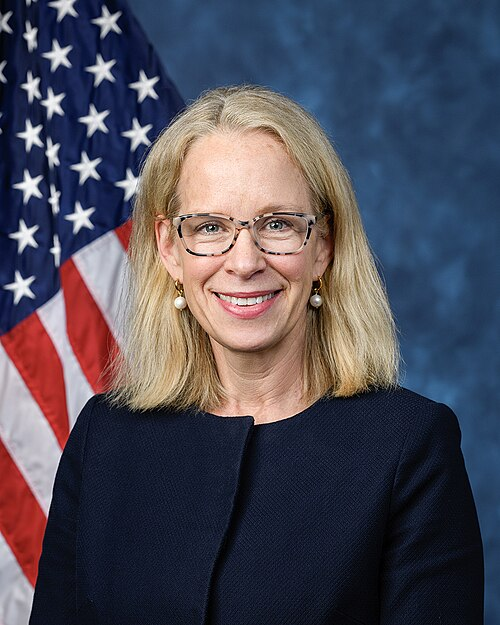H.R. 1870: Streamlining Program Efficiency and Expanding Deployment for BEAD Act
This bill, known as the Streamlining Program Efficiency and Expanding Deployment for BEAD Act (SPEED for BEAD Act), aims to modify aspects of the Broadband Equity, Access, and Deployment (BEAD) program established by the Infrastructure Investment and Jobs Act. Its primary goal is to improve the efficiency and expansion of broadband deployment across communities. Here’s a breakdown of the key provisions:
Grant Adjustments
The bill updates criteria for designating eligible community anchor institutions, specifying that gigabit-level broadband service should be defined as a service offering speeds of at least 1,000 megabits per second.
Change in Program Terminology
It alters the language in sections related to the program, shifting the focus from "Equity" to "Expansion" in reference to the aims of the program, indicating a preference for expanding deployment rather than solely focusing on equitable access.
Use of Funds
The legislation outlines changes in the usage of funds allocated for broadband. If a recipient does not fully utilize their allocation by a specified deadline, the unused funds would be returned to the U.S. Treasury. Furthermore, it streamlines how grant funds can be used, allowing greater flexibility for workforce development programs related to telecommunications.
Project Size and Management
The bill proposes revisions to how project areas can be defined by eligible entities, allowing for adjustments when necessary to manage costs. This provision facilitates removing certain locations that would make projects financially unfeasible while still allowing funding for those removed areas.
Restrictions on Bidding Conditions
The bill prohibits the enforcement of specific bidding conditions related to:
- Prevailing wages and labor agreements
- Union workforce requirements
- Local hiring preferences
- Diversity and equity assessments
These restrictions aim to simplify the bidding and grant processes for broadband deployment projects.
Technology Eligibility
All technologies capable of providing reliable broadband service are allowed in the subgrant process, regardless of how that service is delivered, promoting technological diversity in broadband solutions.
Rate Regulation Limitations
The legislation explicitly states that neither the Assistant Secretary nor any eligible entity may set or regulate broadband service rates. This stipulation ensures that there will be no government-imposed pricing controls as part of this grant program.
Overall Impact
The bill essentially seeks to revise existing broadband deployment regulations to both expedite the deployment process and broaden the technological options available for community funding. By adjusting the focus from equity to expansion, it aims to streamline broadband access and encourage faster rollouts to underserved areas.
Relevant Companies
- T - AT&T Inc.: As a major telecommunications provider, AT&T may find opportunities for expansions in broadband service coverage in response to new grant opportunities under this bill.
- VZ - Verizon Communications Inc.: Verizon could see impacts from increased funding for broadband projects, potentially allowing them to expand their gigabit services to more locations.
- CNTG - Concentrix Corporation: This company may be involved in providing services related to telecommunications and broadband project management that could benefit from the bill's changes to funding usage.
This is an AI-generated summary of the bill text. There may be mistakes.
Sponsors
22 bill sponsors
-
TrackRichard Hudson

Sponsor
-
TrackRick W. Allen

Co-Sponsor
-
TrackJack Bergman

Co-Sponsor
-
TrackGus M. Bilirakis

Co-Sponsor
-
TrackKat Cammack

Co-Sponsor
-
TrackEarl L. "Buddy" Carter

Co-Sponsor
-
TrackDan Crenshaw

Co-Sponsor
-
TrackNeal P. Dunn
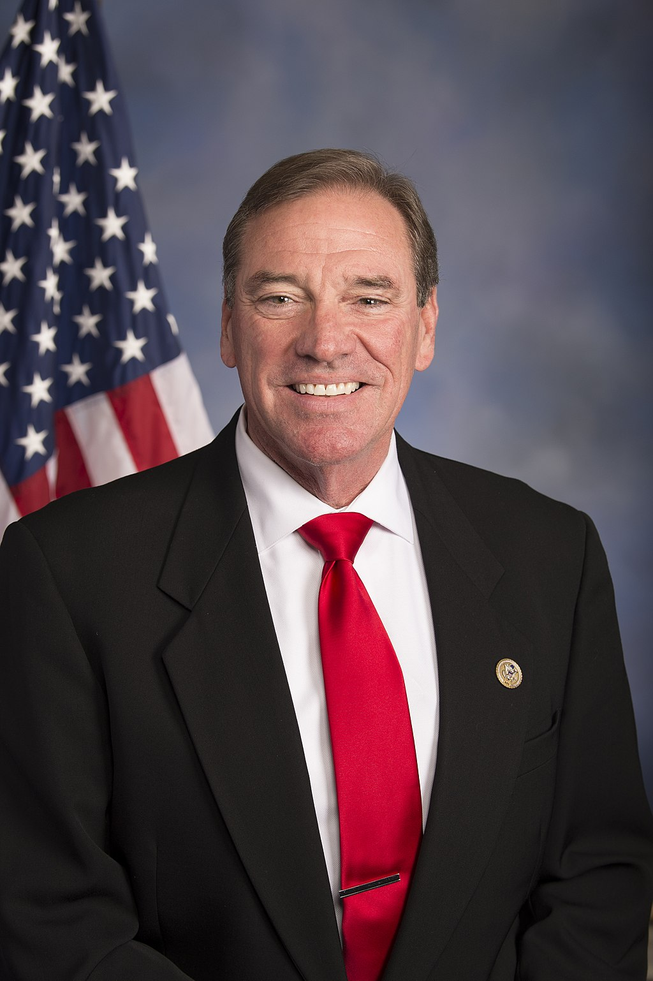
Co-Sponsor
-
TrackJulie Fedorchak

Co-Sponsor
-
TrackVirginia Foxx

Co-Sponsor
-
TrackRussell Fry

Co-Sponsor
-
TrackRuss Fulcher
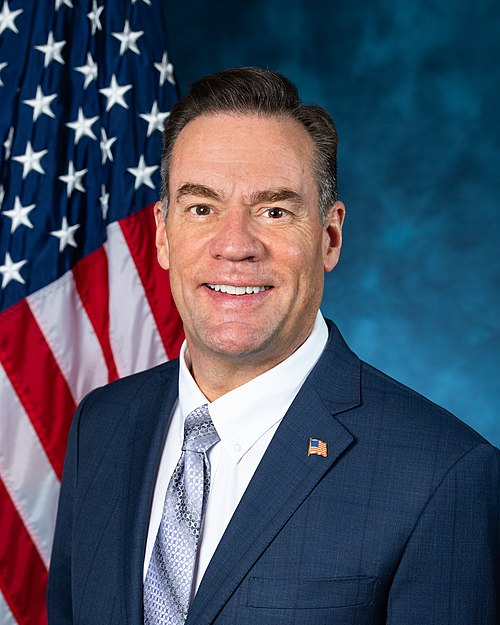
Co-Sponsor
-
TrackCraig Goldman

Co-Sponsor
-
TrackPat Harrigan

Co-Sponsor
-
TrackErin Houchin
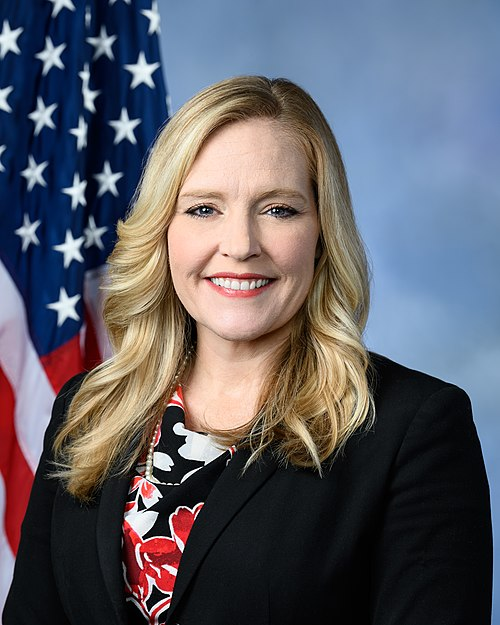
Co-Sponsor
-
TrackJohn Joyce
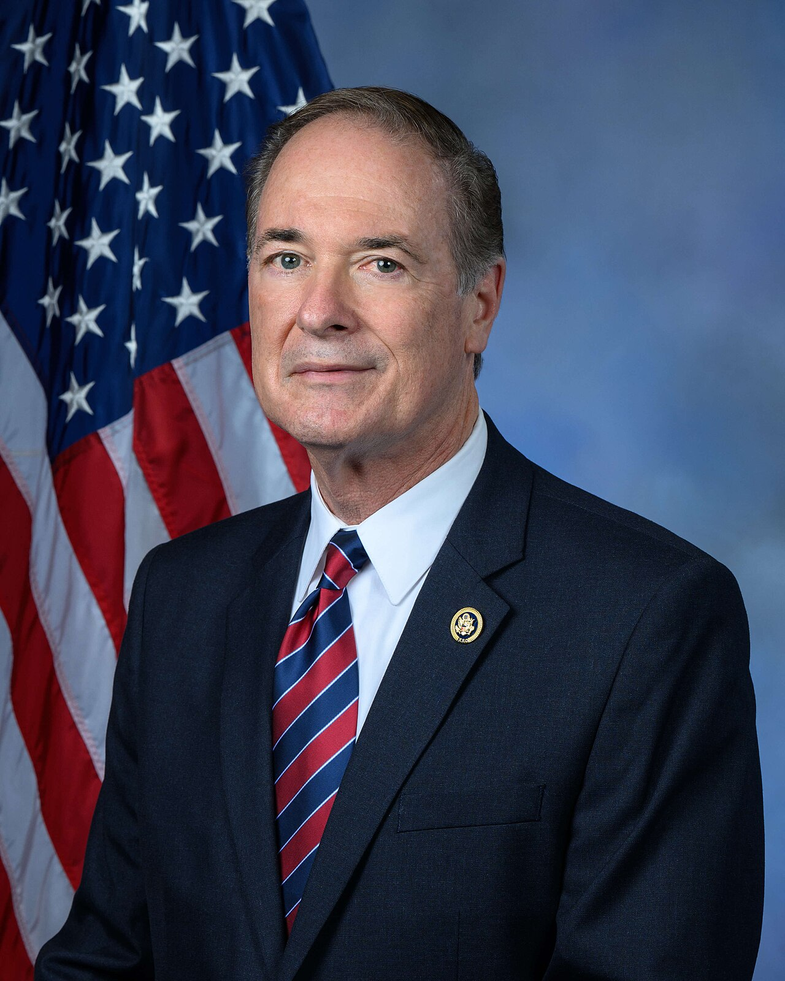
Co-Sponsor
-
TrackRobert E. Latta

Co-Sponsor
-
TrackMariannette Miller-Meeks
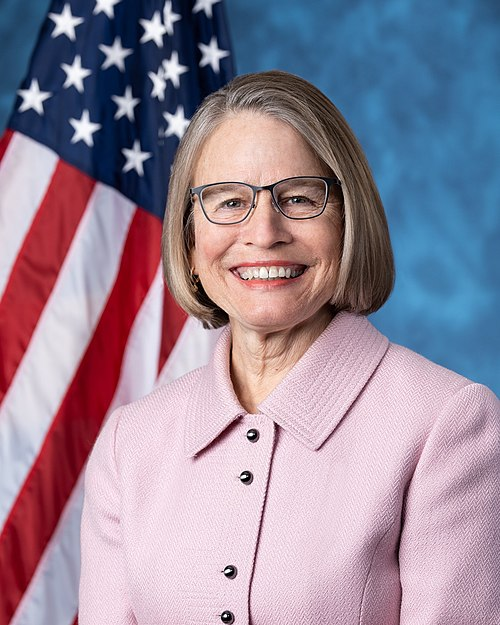
Co-Sponsor
-
TrackJay Obernolte

Co-Sponsor
-
TrackAugust Pfluger
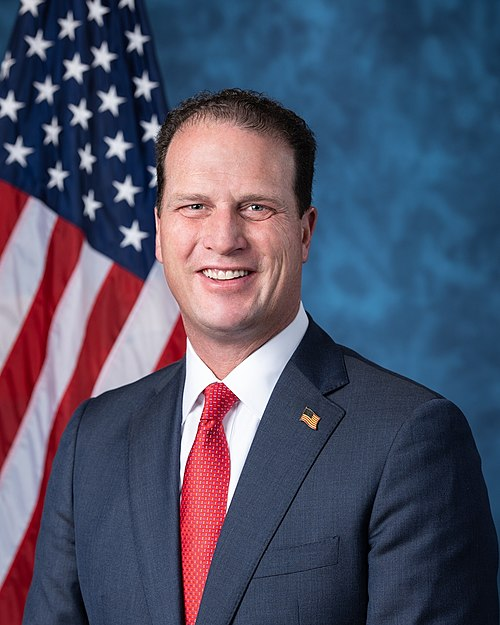
Co-Sponsor
-
TrackRandy K. Weber, Sr.

Co-Sponsor
-
TrackRobert J. Wittman

Co-Sponsor
Actions
2 actions
| Date | Action |
|---|---|
| Mar. 05, 2025 | Introduced in House |
| Mar. 05, 2025 | Referred to the House Committee on Energy and Commerce. |





